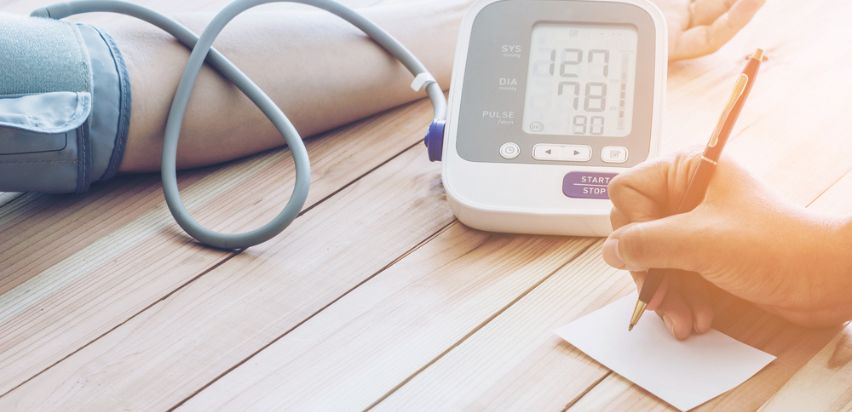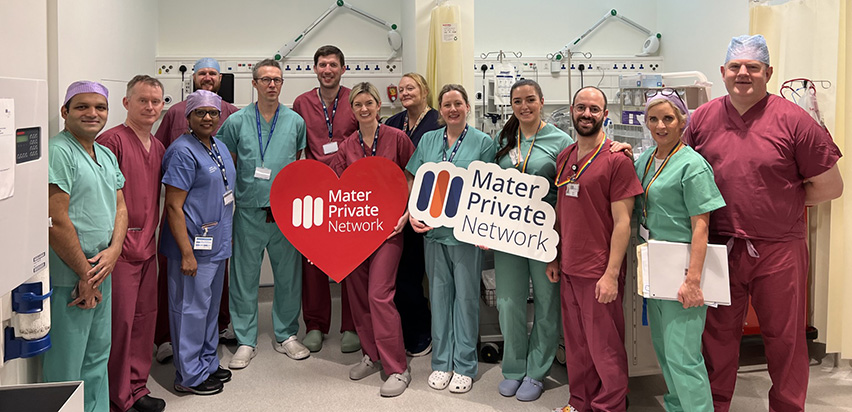Preventing Cardiovascular Disease: Blood Pressure Control
High blood pressure (hypertension) increases the chances of developing heart disease.
Approximately 10,000 people die each year from cardiovascular disease, including coronary heart disease (CHD), stroke and other circulatory diseases. If you already have heart disease, you can take steps to reduce your risk of developing further heart-related problems.
Keeping your heart healthy will also have other health benefits.

Blood pressure control
Blood pressure control is very important as high blood pressure (hypertension) increases your chances of developing heart disease. Unfortunately there are usually no symptoms of high blood pressure and many people remain unaware that they have it.
If you are middle-aged or older and have normal blood pressure, you should have your blood pressure checked every five years.
If you have high blood pressure, you should have it checked more frequently. Your GP will be able to advise you on how often it should be measured.
Ambulatory Blood Pressure Monitoring
Ambulatory blood pressure monitoring (ABPM) tracks and monitors your blood pressure at regular intervals over 24 hours. Blood pressure (BP) is used to measure the amount of work that the heart has to do in order to pump blood around your body.
Read more
Lifestyle changes can help control and manage high blood pressure.
- Eating a heart-healthy diet
- Getting regular physical activity
- Maintaining a healthy weight or losing weight if needed
- Limiting alcohol
If diet and exercise don't help, your doctor may recommend medication to lower your blood pressure.
Goals to Reduce Your Risk of Heart Disease (pdf) | 1.22MB










.jpg?sfvrsn=ca53d7a8_1)
